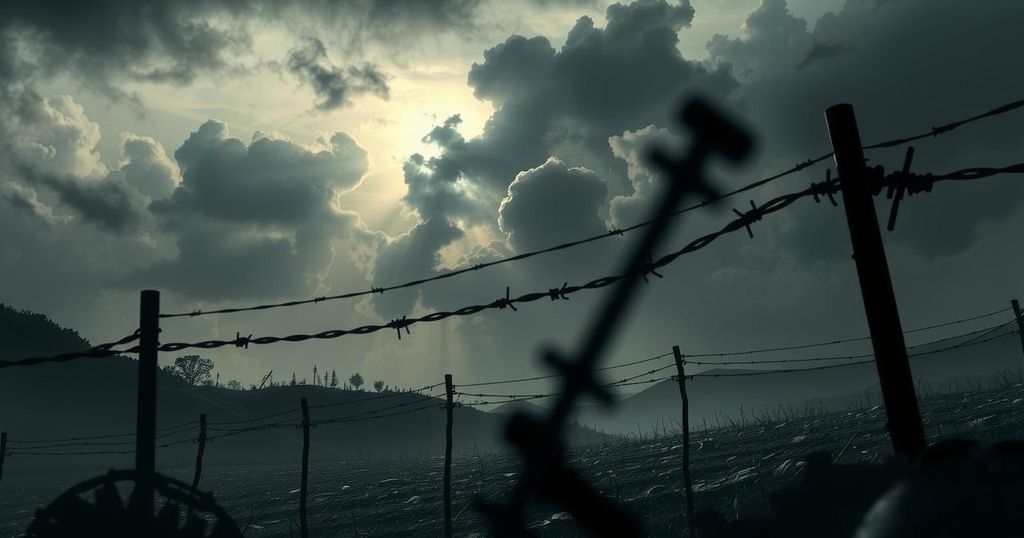The U.N. has raised alarms over escalating violence in eastern DRC attributed to M23 rebels, involving summary executions and sexual violence. The capture of Goma has intensified the humanitarian crisis, with reports of atrocities against civilians. U.N. officials call for accountability to address these abuses amidst widespread instability driven by local and regional factors.
The United Nations has expressed grave concerns regarding escalating violence in the eastern Democratic Republic of Congo, where M23 armed group has advanced significantly, resulting in summary executions and widespread sexual violence. The capture of Goma, the capital of North Kivu province, marks a significant intensification of ongoing conflicts involving various armed factions in the region.
U.N. officials reported credible evidence of M23 rebels making aggressive movements from Goma toward Bukavu, raising alarm over potential civilian casualties resulting from hostilities. Since the onset of this conflict, bombings have targeted sites housing internally displaced persons, highlighting the extensive impact on civilians.
Reports have surfaced detailing that M23 has conducted summary executions of at least twelve individuals and has engaged in gross human rights violations, such as forcibly conscripting local populations and occupying schools and hospitals. The consequences of this violence extend to sexual abuse, with specific allegations leveled against both M23 and Congolese troops.
The U.N. human rights office has noted numerous incidents of sexual violence related to the conflict, including reports of rapes occurring amid the chaotic retreat from Goma’s Muzenze prison. The alarming pattern of sexual violence in eastern DRC has persisted for decades, exacerbated by the current conflicts and refugee influx into urban areas like Goma.
Volker Turk, the U.N. rights chief, has warned that the current escalation could further aggravate sexual violence issues in the region, alongside the profound dangers posed by weapon proliferation. The U.N. is calling for accountability measures against the perpetrators of these egregious acts.
Ruth Maclean, the West Africa bureau chief for The New York Times, emphasized the dire situation in Goma, where thousands of individuals fleeing conflict are now exposed to increased vulnerability. The ongoing conflict has prompted significant international scrutiny, with accusations directed at the Rwandan government for allegedly supporting M23 to exploit DRC’s mineral wealth.
Overall, the troubling developments in the eastern DRC underscore a complex web of conflicts that threaten regional stability and highlight an urgent need for international intervention and support to protect the civilian population.
The Democratic Republic of Congo (DRC) has faced ongoing conflict for decades, often with the involvement of various armed groups, including M23, which has been linked to Rwandan support. The latest outbreak of violence has resulted in severe human rights violations, impacting civilians, particularly vulnerable populations such as internally displaced persons (IDPs). The DRC is rich in mineral resources, leading to complex geopolitical interests that exacerbate violence and instability in the region.
The situation in the eastern Democratic Republic of Congo is precarious, with alarming trends in violence and human rights abuses attributed to the advancing M23 group. The ongoing conflict not only endangers civilians but also represents a larger struggle over resources, particularly given the involvement of external actors like Rwanda. It is imperative for the international community to address these violations and work toward restoring peace and security in the region.
Original Source: www.cbsnews.com






